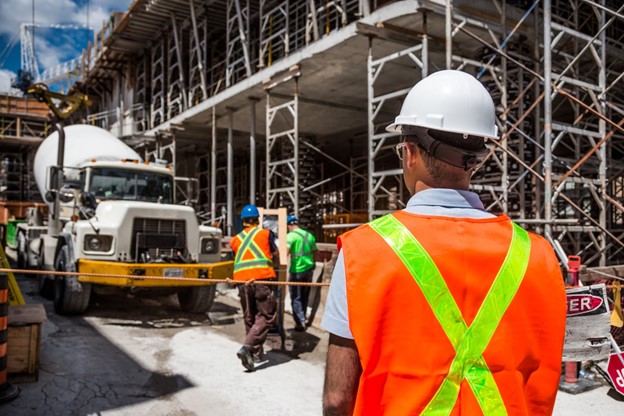
So, you’ve finally decided to start your own contractor business? Congratulations!
Whether you want to specialize in building infrastructure, home renovations and improvements, or property demolition, there are certain requirements that every contractor needs to comply with if they want to operate their business legally within their respective state (read more). That’s right; deciding to become a contractor is merely Step 1. Studying to become one would be Step 2. And now, you’re moving into Step 3, where you need to complete a set of requirements before you can officially operate as a business.
This includes securing a Contractor License Bond.
What Is a Contractor License Bond (CLB)?
A contractor license bond is a type of surety bond that the government requires contractors to have before they can be approved for a license to operate within their locality. You can regard this as a type of insurance that protects the interests of third parties that engage in business with a contractor. In other words, this type of bond does not insure the contractor himself but those outside of him, aka the public, in case issues or problems arise that do not meet legal standards, as you can read here: https://www.contractorbond.org/
Before you can take on building, renovation, or alteration projects within the state you reside in, you first need to have a contractor’s license. And, in order to become a certified licensed contractor, you would need to purchase this surety bond. Depending on the size of your business, your years of experience in the industry, and the price points of your services, the bond amount can vary, and this affects how much the annual premium would cost you to maintain this type of insurance. As a general rule of thumb, the CLB needs to remain in effect for as long as you are operating your business and providing services to the public.
Now, are there any exceptions to this rule? Well, the only time that you will not be needing a contractor’s license to build, repair, or renovate is when you own the property that you are working on (so it becomes more of a personal project rather than a profit-generating endeavor), you are partnering with another licensed contractor to work on a project, or if you are a government official sanctioned to work on public projects. If you do not belong in any of these categories, then getting a surety bond to get approved for a license is necessary for you to become a legally operating contractor of the state.
How Much Do CLBs Cost?

As mentioned above, the cost of the insurance will vary depending on the size of your business and the number of years you have been operating in the industry. But typically, surety bonds can range from $10,000 to $100,000. In order to maintain a surety bond, you need to pay an annual premium for it, which would range from 1.5% to 7.5% of the total bond amount. As you may have noticed, the fee for keeping a contractor license bond can considerably vary between contractors, and this is mostly decided by the following factors:
- Their credit score or credit history
- Business experience
Needless to say, contractors with a higher credit score and more experience in the industry tend to get the lowest possible fees for keeping a surety bond. If this sounds like you, then you’re off to a good start.
In What Cases Will My Contractor’s License Bond Be Used?
The purpose of a CLB is to protect the public from irresponsible or fraudulent contractors. Of course, there are many good contractors out there, including yourself, but there are also those that do not value integrity in their work, and this puts clients at risk of financial losses should these contractors fail to deliver on the services they promised to deliver. Worse yet, they may cause irreversible damage to the client’s property due to poor and irresponsible handling of the project.
To make sure that the general public is protected from these types of dealings, the contractor license bond was made a prerequisite for all licensed contractors. Should something happen to the project they are working on that is far from ideal (e.g., property damages, fraud, etc.), or if nothing happens at all because the contractor has delayed or stopped construction, the person receiving the short end of the stick may file a claim against the license bond with the insurance company the contractor is affiliated with.
The incurred charges, including lawyer fees and other inconveniences, are then compensated by the contractor of the insurance company that has issued the surety bond. Surely, this is an issue you would never have to come across as long as you:
- Always follow the terms of the construction agreement.
- Pay all laborers, suppliers, and clients on time, every time.
- Meet the project’s agreed upon standards.
- Repair or compensate for any (intended or unintended) damage to the property or the area surrounding it.
- Pay all applicable taxes and state fees.





